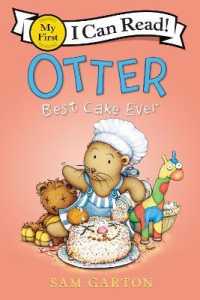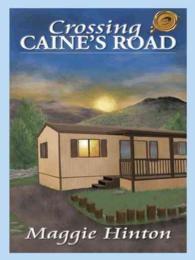Full Description
Rhetoric, Race, Religion, and the Charleston Shootings: Was Blind but Now I See is a collection focusing on the Charleston shootings written by leading scholars in the field who consider the rhetoric surrounding the shootings. This book offers an appraisal of the discourses - speeches, editorials, social media posts, visual images, prayers, songs, silence, demonstrations, and protests - that constituted, contested, and reconstituted the shootings in American civic life and cultural memory. It answers recent calls for local and regional studies and opens new fields of inquiry in the rhetoric, sociology, and history of mass killings, gun violence, and race relations—and it does so while forging new connections between and among on-going scholarly conversations about rhetoric, race, and religion. Contributors argue that Charleston was different from other mass shootings in America, and that this difference was made manifest through what was spoken and unspoken in its rhetorical aftermath. Scholars of race, religion, rhetoric, communication, and sociology will find this book particularly useful.
Contents
Introduction: Was Blind but Now I See: Rhetoric, Race, and Religion in the Charleston Shootings
Sean Patrick O'Rourke
Melody Lehn
Part I: The Killer's Manifesto: Rhetorics of the Lost Cause and Race Warfare
1"The South Shall Rise Again": Setting the Lost Cause Myth in Future Tense in Dylann Roof's Manifesto
Margaret Franz
2Charleston and the Postracial Logics of "Race War"
Daniel A. Grano
Part II: Gun Control: The Debates That Did Not Happen and the Language of Lynching
3The Racial Politics of Gun Violence: A Brief Rhetorical History
Craig Rood
4The Charleston Church Shooting and the Public Practice of Forgetting Lynching
Samuel P. Perry
Part III: Civic Eulogies and Exhortations: The Responses of Barack and Michelle Obama
5The Act of Forgiveness in Barack Obama's Eulogy for the Honorable Reverend
Clementa Pinckney, Charleston, South Carolina, June 26, 2015
David A. Frank
6Challenging the Myth of Postracialism: Exhortation, Strategic Ambiguity, and Michelle Obama's Response to the Charleston Killings
Melody Lehn
Part IV: Rebels and Flags: The Rhetorics of Heritage, Hate, Continuity, and Change
7In the Aftermath: The Rhetoric of Heritage and the Limits of the Mythical Past
Luke D. Christie
8The Rebel Flag and the Rhetoric of Protest: A Case Study in Public Will Building
Sean Patrick O'Rourke
Part V: Neo-Confederate Monuments: Rhetorics of Contested Public Memory
9"Remove Not the Ancient Landmark": Making the Confederate Distortions of Religion Apparent
Camille K. Lewis
10In the Aftermath: Memorials of the Neo-Confederacy, Symbols of Oppression, and the Rhetoric of Removal
Patricia G. Davis
Conclusion: Zenith and Nadir
Donna Hunter







